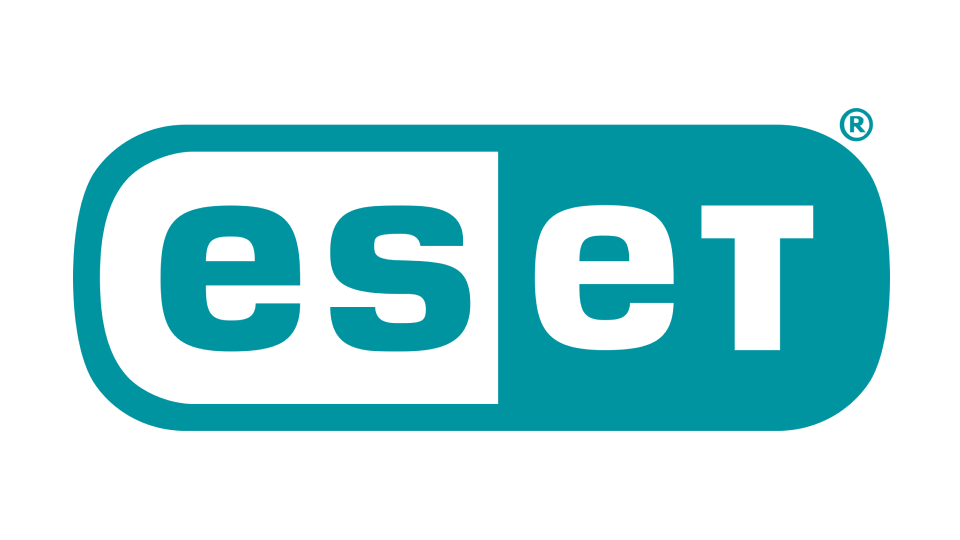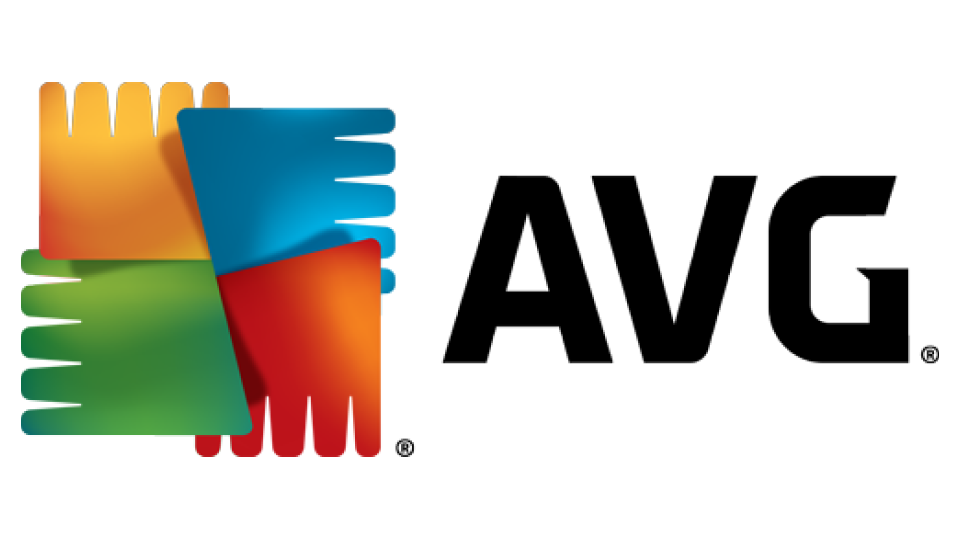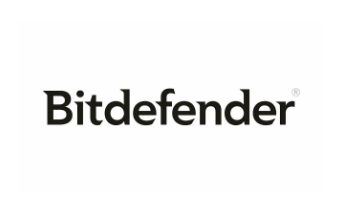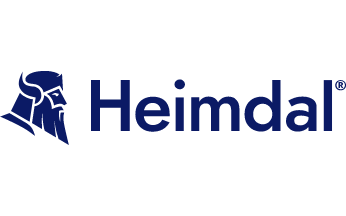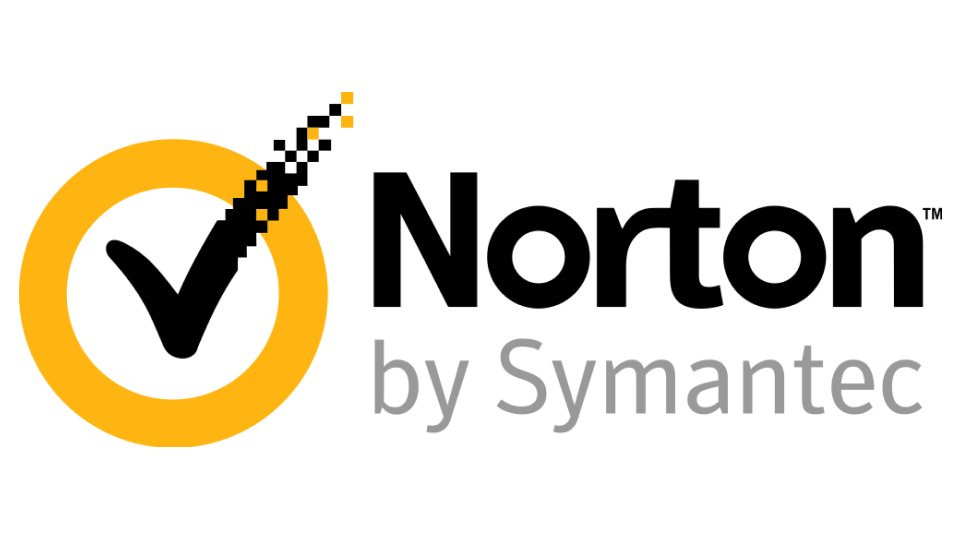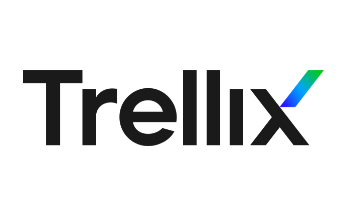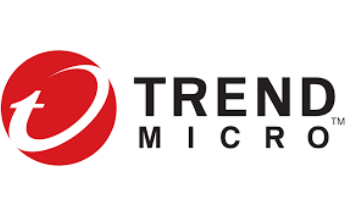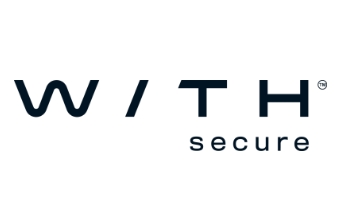Antivirus For Small Business: FAQs
Why Do You Need Antivirus Software?
Antivirus software is one of many pieces of online management platform solutions designed to help businesses build and manage their presence online. Strong antivirus software is absolutely crucial when it comes to protecting the devices connected to your network as it provides the right protection against viruses, malware and often also phishing attacks, which all have the potential to destroy a device’s system by infecting processes crucial to the computer’s performance. This protection also prevents identity theft via spyware, which secretly monitors what you do on your computer via real-time scanning and sends sensitive information to the hacker. However, anti-virus solutions often do much more than protect your system from file-based malware.
Any strong antivirus software will include a firewall feature that filters information coming into your system and digital assets via the internet. This means that your endpoint is protected against online threats, spam sited and pop-up ads. Integrated browser controls mean that administrators can block potentially dangerous websites, which helps with customer data protection, business devices, personal devices, the business network etc. It can also create a more efficient workplace, and is particularly useful in the education industry, where users are more vulnerable to both exploits and distractions.
The best business antivirus software doesn’t just protect office desktops—sophisticated solutions will be able to provide advanced threat detection to laptops and mobile devices, too. This is particularly beneficial for companies whose employees work remotely and require strong antivirus protection on the go. Whether an employee does all of their work on their personal laptop, or just syncs their work emails to their personal mobile phone, these devices become connected to your network and, if compromised, provide an “in” for hackers, causing data breaches and business network compromise. Antivirus software helps to prevent this, as well as any resulting finacial lossess or reputation damage. This flexible compatibility usually comes with additional features such as a remote management console, which means that admins can manage all of their employees’ devices, regardless of geographic location or device type, to make sure that they’re installing the latest security updates.
Finally, lightweight antivirus software can help make your system run faster. Malware and viruses often cause your machine to become slow and sluggish as important performance processes are corrupted. In blocking these infections, antivirus software leaves your system clean and able to run efficiently. However, some antivirus software may slow the device when running scans. If this happens, users can go into the software’s settings and configure it to scan at a time when the device isn’t in use. This feature isn’t always available with free antivirus, so it makes it worth your while to invest in a business-grade solution.
What Are Endpoint Protection and Antivirus Software?
The importance of protecting endpoints has perhaps never been as critical as it is now. In today’s world, an increasing number of employees are working from home either temporarily or permanently, using their own devices rather than office computers. If a user syncs their work emails with their personal cell phone, that device then becomes another endpoint though which a bad actor could gain access to the network. This means that we need to implement endpoint protection that‘s flexible, as well as powerful, in order to keep our devices and users safe.
Endpoint protection is the process of securing endpoints, or end-user devices, that are remotely connected to an organization’s network. Endpoints serve as access points to the network, and these access points can be exploited by bad actors to steal data. Keeping endpoints protected secures all of these entry points from malicious attacks.
Antivirus software is a type of endpoint protection that secures individual endpoints by detecting and blocking malicious files. Today, most antivirus software is hosted largely or even entirely in the cloud. This means that vendors can utilize advanced machine learning technology to automate analytics, which greatly improves detection rates. It also means that solutions can crowdsource intelligence from across a network of protected devices, providing protection against unknown and zero-day exploits. If a threat is detected on one system, all others are made aware of it. However, as antivirus software has become more sophisticated, so have malware attacks.
How Does Antivirus Software Work?
Antivirus software scans the files, applications, and programs on each device that it’s installed on, and compares the code of each of these assets with a database of known malicious code. If a piece of code on the device matches that of a known virus, the antivirus solution quarantines or permanently removes it.
Quarantining files moves them to a specific location where they can’t harm your user’s device or spread to the rest of your network, but it means that the antivirus provider can analyze the threat and update their software so that it can block similar threats in the future. This intelligence is then crowdsourced across the entire fleet of devices that the antivirus provider is protecting—not just those in your organization, but in others, too. This means that if a threat is detected on one device, all others protected by that provider are alerted to it. This crowdsourced intelligence helps to protect against unknown and zero-day threats, as well as the known threats stored in the provider’s database.
The best antivirus software for small business owners also uses machine learning to continuously analyze your environment and any threats that are identified, so that it can keep improving its detection rate. Many of the top antivirus programs will also include a built-in password manager and cloud backup, and may offer both free and paid versions, with the option of a free trial.
Because antivirus software protects the individual devices connected to a network, it’s best suited to smaller organizations that don’t have a large or complex device fleet to protect. This is because, the more devices you have, the more time-consuming the task of deploying the software and updating it will be. For that reason, we recommend that larger organizations instead consider implementing an endpoint protection platform (EPP) or endpoint detection and response (EDR) solution as an alternative.
What Features Should You Look For In A Business Antivirus Software?
For business use, organizations should weigh up their individual needs before initial purchase. Antivirus software can be a powerful line of defense for an SMB, but it’s important that you choose a solution that’s going to offer strong protection, balanced with usability. To help you do that, here’s our list of the key features you should consider when choosing a business antivirus software:
- Automatic and manual scanning. The best antivirus software for SMBs allows you to schedule scans to be completed automatically at a time when they’ll cause the least disruption to your users. However, you should also be able to instigate scans manually as needed.
- Web filtering. Your chosen antivirus solution should include a web filter that allows you to restrict user access to harmful websites through allow and deny lists and will help to block spam and pop-up ads.
- URL scanning and attachment sandboxing. Phishing is one of the most prevalent threats that organizations today are facing. To help combat it, your antivirus software should scan emails for malicious URLs and open an attachments in a secure sandbox environment, where they can’t affect your user’s device.
- Automatic updates. Your solution should automatically update itself and deploy any necessary third-party patches. Not all employees will keep their software up to date (we’ve all hit “Restart Later” once or twice), so your antivirus solution should be able to do it for them.
- Straightforward deployment. Business antivirus software must be installed on every individual endpoint, so you need to make sure that this process is quick and easy to carry out—especially if you have lots of devices to protect.
- Efficient resource consumption. Antivirus software is supposed to improve performance by removing viruses and malware that can cause machines to become sluggish; however, some solutions use a lot of system resources and can cause devices to slow down when they run scans. If you can’t find a solution that’s lightweight, you need to make sure that you can schedule scans for a time when your users aren’t using their devices.



